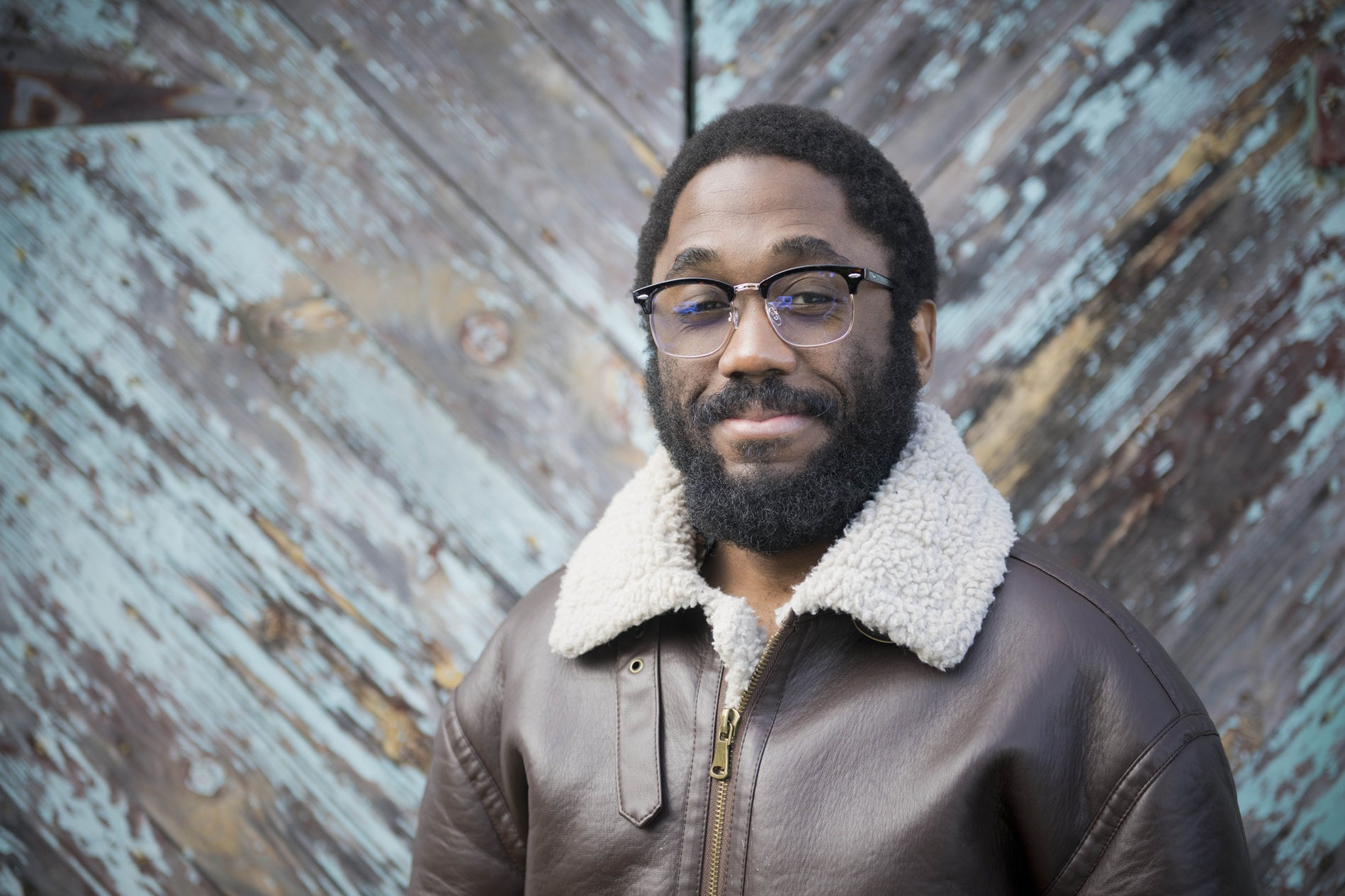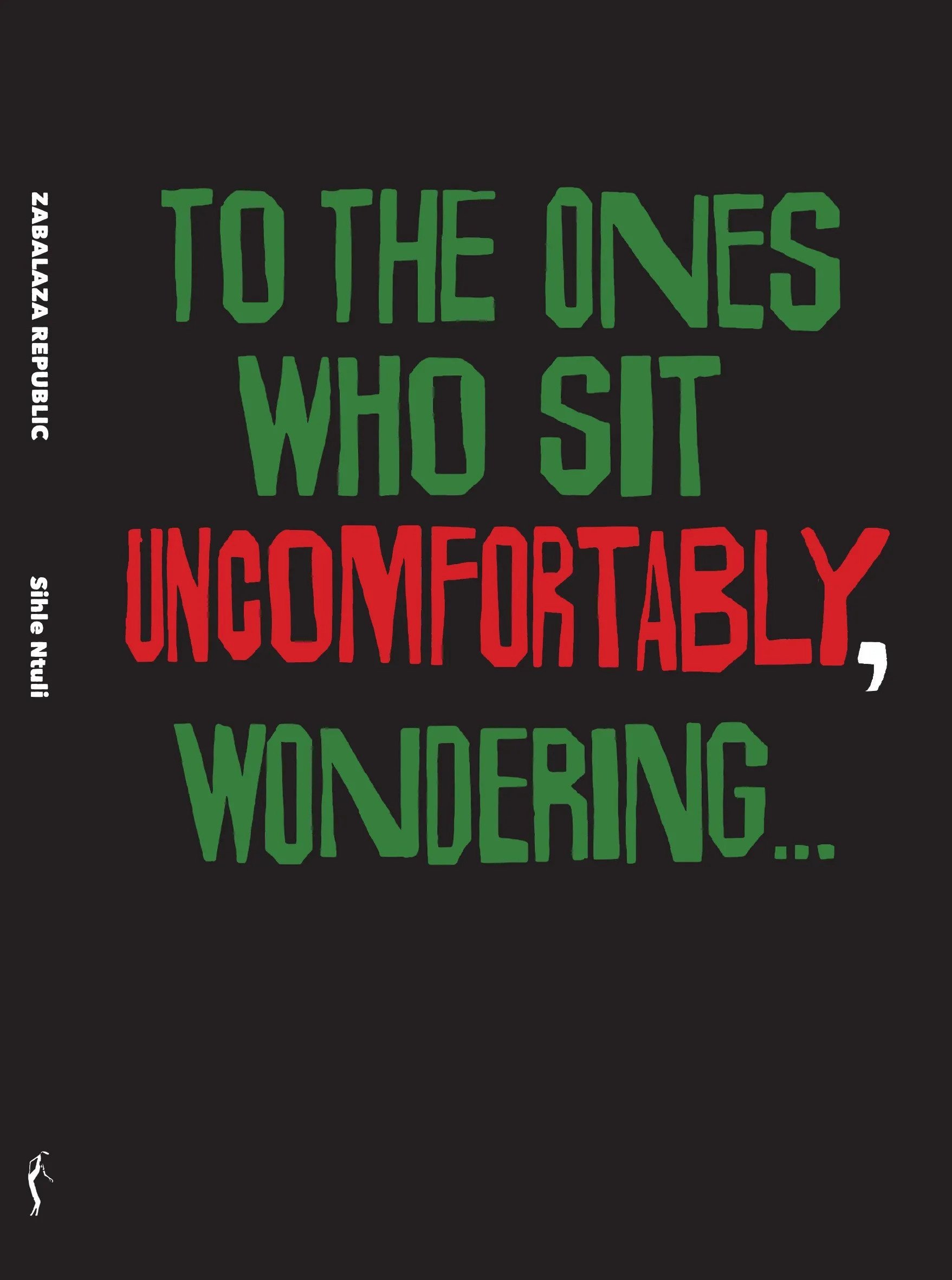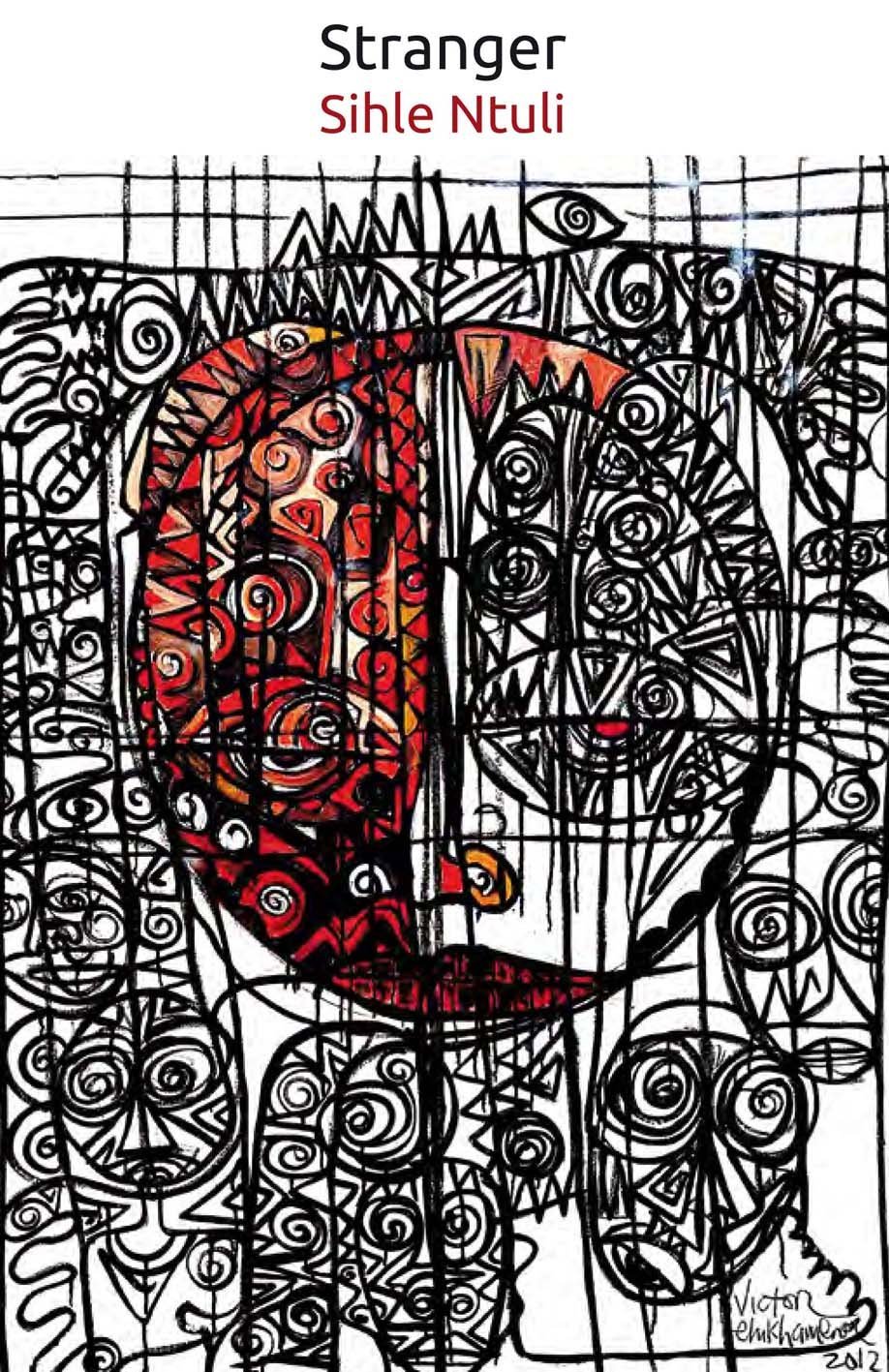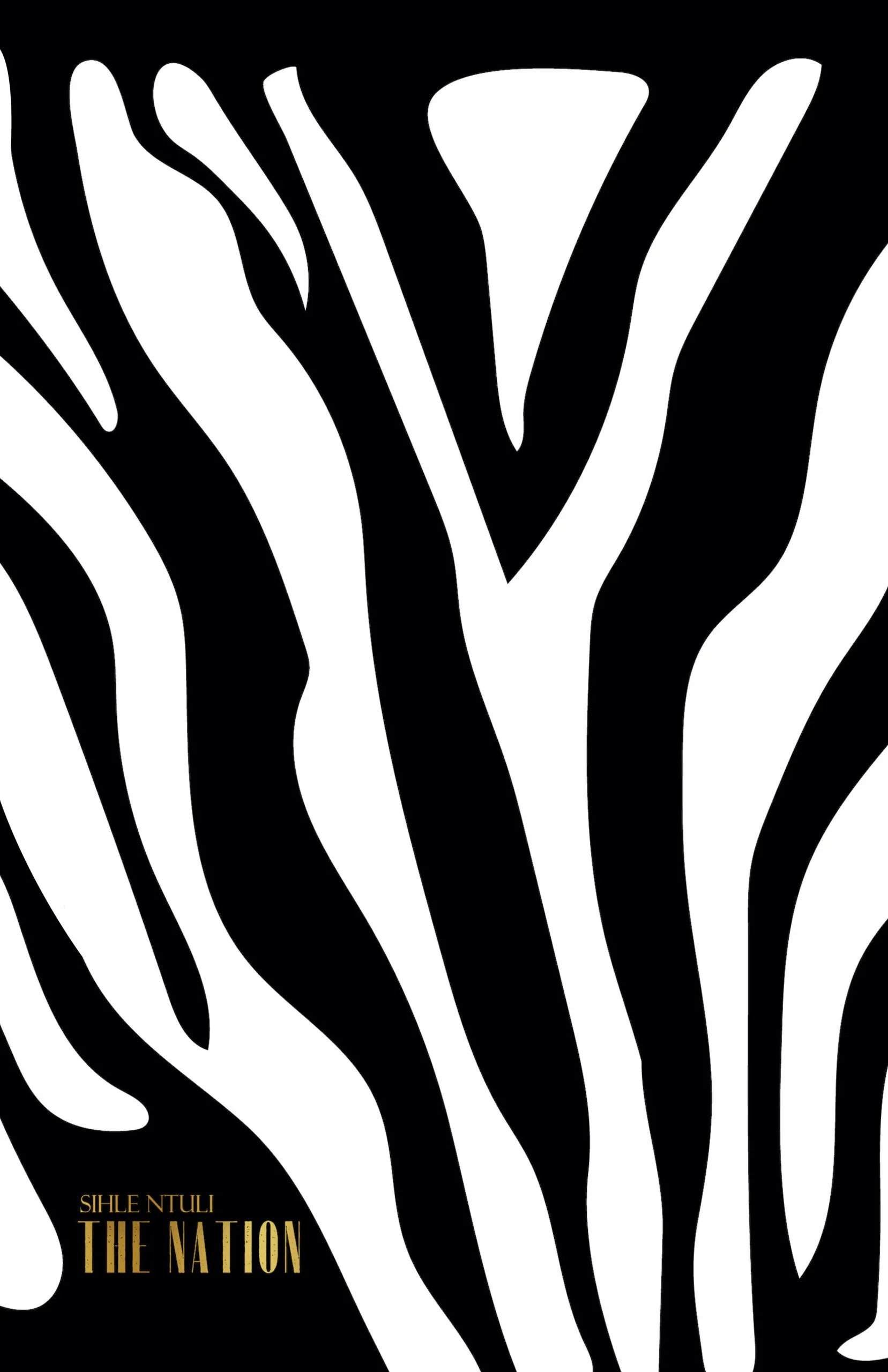
South African poet Sihle Ntuli likes to shock people.
"That's kind of my thing. I don't like people to be passive when they read my work."
He only feels he has done his job as a writer of poetry well if people have a reaction to his work, even if it is to get angry.
"I would hate it if you came and read my work and left the same way that you came. So it's got to do something for you. I feel like art should have an intense or a lasting impression.
"So that's kind of what I do. That's my M.O."
The unconventional approach to poetry seems to have worked for him in a world where the genre is not that popular. Ntuli is celebrating his 10th year as a published poet, but says the journey has not been easy.
"Even just the dynamics back home with regards to having to become a soldier for poetry versus non-fiction and fiction. The biggest sellers in South Africa are non-fiction."
In South Africa, a poet is who you call for Valentine’s Day or funerals.
"Whereas I'm trying to show that there is more important poetry that matters, outside of those occasions. I still have people sending me messages to write them Valentine poems for their women."
While he has always written poetry, Ntuli chose to study classic and ancient histories with a view to an academic career to "make a living", but also because he believes history to be important.
"I feel a deep sense of history. Academia is something you study for, but the passion is the poetry."
His love for the genre grew out of his Zulu ancestry. The culture has a strong oral tradition, with storytelling used to explain their origin stories.
"So I am just part of that lineage, even though I am doing it via the written or literary sense. But there is a sense of history that I am contributing to."

"I was writing just mainly about township life, I guess. Being a black South African in contemporary times, and how it's impacted by the legacy of things like apartheid."
Much of his writing is influenced by his upbringing, first in KwaMashu and then New Germany, townships near Durban.
"So you're moving from a very black, African-orientated [community] to a very white, German-esque suburb. These different lifestyles and ways of living have impacted the work that I do now."
After graduating, he lectured in classics at the University of the Free State and the University of Johannesburg for a short time before his passion for writing took over.
In those early days he admits it could be a lonely endeavour, but now he realises people are taking notice of his work.
Aware some talented writers can succumb to those voices in their heads discouraging them, Ntuli tries not to take the "whole thing of being a writer" too seriously.
"Sometimes you can write for yourself as well. Just write in your diary, write a nice sort of reflection of the day and it doesn't have to be read by anybody but yourself, you know. [It’s a] nice way to escape and take care of yourself and your mental health."
What has kept him going the past decade is his passion for the craft, he says.
"I had to be someone who motivates myself and not look for validation from others, and just honestly believe that I could do it. A confidence that borders on arrogance, definitely. Also very stubborn as well. A willingness to take the long way around when people say ‘no’, definitely.
"And yeah, just working hard and sometimes being a bit too militant about things like craft and schedules and just really, really taking a lot of care in the work has probably put me in this position that I'm in now."
He shuns the idea of the linear, traditional poetry students are taught at school.
"I play around a lot with form. I’ve found that the only way you can do well here is if you stand out. And you don't want to give people who read your work the trauma of going back to school to do work they didn't enjoy. The very mundane work that put them off of poetry."
As well as writing, he has served as the editor-in-chief of South Africa’s oldest literary magazine, New Contrast in 2023, and worked in editorial at Wild Pine Poetry.

It is one of the reasons he was keen to come to New Zealand. He hopes to look at how Māori culture has been preserved.
‘Because we also, the Zulu culture, we see a lot of the battle to preserve culture, but the modernity coming into play and people being more about assimilating into the culture of making money and making a living versus sacrificing their authentic identity."
He is writing some of his latest work in his native language, so he wants to see how te reo is regarded and preserved in New Zealand.
"I want to just see how those are being treated with regards to how English is usually a centred language and how the dynamics come to play here in a different space, on a different continent as well. So it's interesting. I do deal with it a lot in my work as well, but more so now because there is an urgency to do so."
Poetry has given Ntuli the ability to navigate many of those issues without attaching himself to any particular cause. He is also the author of several acclaimed works, including Owele (uHlanga, July 2025), Zabalaza Republic (Botsotso, 2023), The Nation (River Glass Books, 2023) and Rumblin (uHlanga, 2020) and his work has appeared in various international journals.
"Poetry has been a great sense of comfort for me. And, of course, now I always look for community with writers, not only in the country but also on the continent as well."
The ability to travel with his work is something Ntuli does not take for granted. He is still overwhelmed at his selection for the residency in Dunedin, coming as he does from Durban, also a Unesco City of Literature.
"But it actually makes my achievement that much more impressive to me, the fact that at the time we were the only African Unesco city and I managed to be selected as well. It's a nice little nod of acknowledgement to say I'm doing good work."
But it is not the only accolade the writer has received in recent times. He recently won the Diann Blakely National Poetry Competition, was awarded the Rajat Neogy Editorial Fellowship by A Long House, won the 2024 Patricia Kailis Fellowship (Centre for Stories, Australia) and is the 2024 Best of the Net poetry winner and a Pushcart prize nominee.
Settling in to Caselberg House in Broad Bay, where he will live for six weeks, he has also been impressed by the writers who have gone before him, and thinks he might be the first African to stay there.
His target is to write a poem once every two days, but admits that might be tough as he wants to make the most of being in Dunedin and seeing the sights.
"I need to just be present for the writing as well. I don't want to overwhelm myself with any kind of negative thoughts."
But when he is focused and in the mood, he can write quickly, often getting a skeleton of a poem down in around 50 minutes.

In The Blood — Sihle Ntuli
is the river an honest mirror of our nature?
are still waters a reflection of us?
how deeply have we looked within us?
how has this happened to a body of water?
who took away the clear colour of the water?
who has left blood behind here?
why the denial of what was left here?
why so adamant that our hands are clean?
will a river let us know whose hands it washed clean?
will truth reveal itself at the mouth of a river?
do harsh truths lie on the bed of this river?
is the river an honest mirror of our nature?












